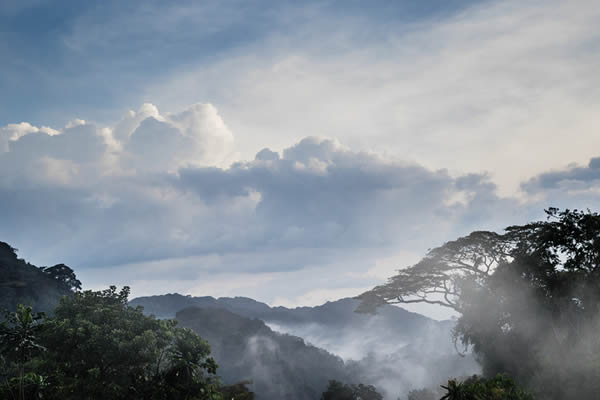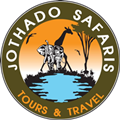 Visa & Entry Requirements – Uganda-Rwanda Travel Tips
Visa & Entry Requirements – Uganda-Rwanda Travel Tips
Uganda-Rwanda Travel Tips– A passport valid for six months from the date of entry is required by all nationals referred to in the chart above to enter Rwanda or Rwanda. Passports must also have one blank page for stamps. Travelers who are also visiting Uganda and Rwanda may find it more useful and saving to apply for an East Africa cross-border joint visa which allows entry into all three countries on a single visa costs $100 and allows 90-day multiple entries to Uganda, Rwanda, and Kenya. Whereas a single entry tourist visa costs $50 (exclusions apply for select countries and is valid for 30 days. A single entry conference visa costs $50 and is valid for 30 days. A single-entry visa on arrival is also available to nationals who do not have a Rwandan or Ugandan embassy or consulate in their
Gorilla Viewing Protocols – Uganda-Rwanda Travel Tips
Gorilla trekking Rules and Regulations were put up to conserve the largest Apes on the earth (Gorillas) in their natural environment in Bwindi and Mgahinga National Park, Volcano National Park and Virunga National in Uganda and Rwanda.
The following are the protocols that are followed while tracking gorillas in either Uganda or Rwanda.
A maximum of 8 trekkers per family are allowed to track habituated gorillas per day
A child below 15 years old are not allowed to tracker gorillas
Keep a 7-meter distance away while watching gorillas
The sick people are not allowed to track gorillas just because gorillas are likely influenced by human disease
Always trackers should keep their voice as low as they can, feel free to ask questions to your park guide.
You’re not allowed to smoke, drink and eat in the presence of the gorillas
A maximum of 1 hour you have with gorillas during tracking experience whereas a maximum of 4 hours you have with gorillas during the habituation experience.
Always hold your hand to your mouth and turn away from the gorillas while coughing.
Avoid touching the gorillas just because they are wild you never predict they’re behave
Avoid leaving rubbishing within the Park
Always keep your flash camera off while taking photos
Avoid scattering while you are near the gorillas.
Avoid direct eye contact with gorillas sometimes move out of control
Clothing & what to Wear
It’s neither Uganda nor Rwanda has no strict dress code on what to wear, although women travelers are advised to dress conservatively. In business areas, people tend to dress smartly. Cotton clothing is the most comfortable during the day, as it gets quite hot, but the nights tend to be chilly, so a heavy sweater and boots are essential.
For gorilla trekking, you will be in a rainforest, so it will more than likely than not, rain. Warm clothing is required as well as walking/hiking boots, a hat, and a lightweight parka/raincoat. Garden gloves, to avoid stinging nettles, and gaiters, are recommended.
Tipping Guidelines
Tipping is common in Uganda and Rwanda and can cause confusion or awkwardness, particularly when people are unsure about amounts or the custom. Our advice is simple, don’t worry too much about trying to work out what is ’normal, give instead what you think feels right based on the value you’ve received.
Err on the side of generosity, it’s highly likely that the recipient will need it a lot more than you do. If in doubt, tip. If unsure of the amount, add what you think would be generous. However, if you’re pushed too hard for a tip, or haven’t enjoyed a service. Make sure that this is communicated. Whilst it can be uncomfortable – it is usually worth letting someone know when their behavior is over-reaching, or if they have under-performed. You will be helping all other tourists who come after you if you do this well.
Whenever you’re on Jothado safari, we’ll try to ensure you have guides or guidance on what is best practice. We’ll talk you through our ‘tipping best practices’, and give guidance on amounts before you travel.
